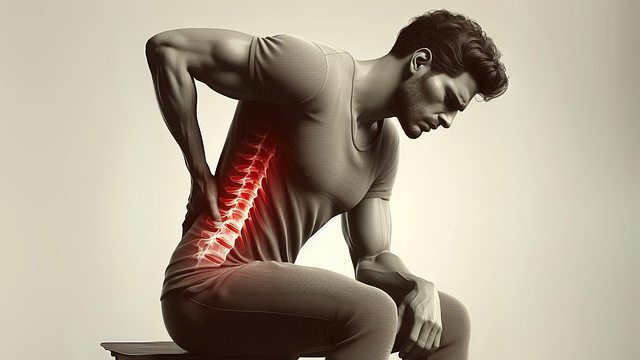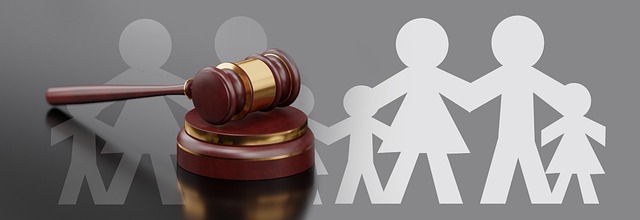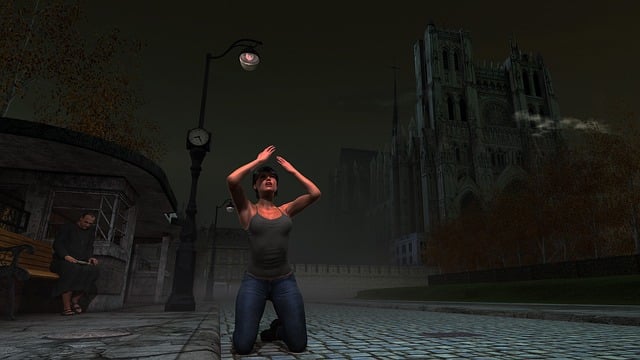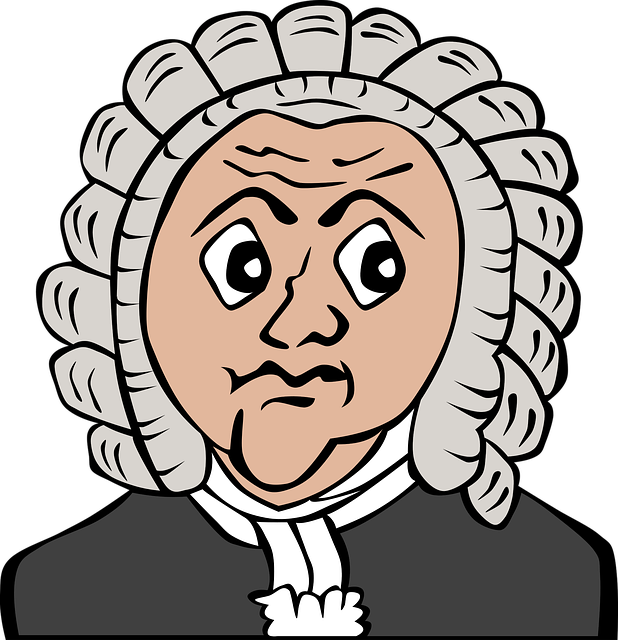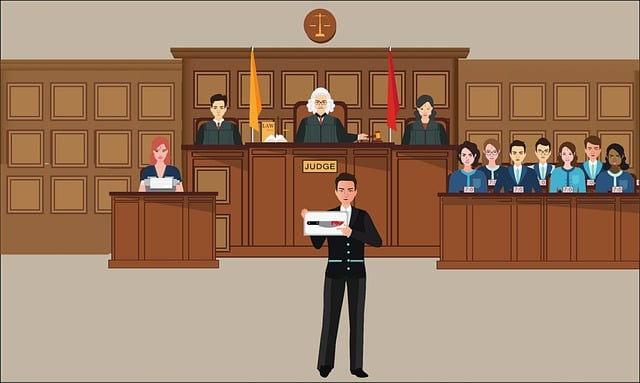Motorcycle accidents without helmets significantly elevate the risk of severe head injuries, including concussions and brain bleeds. Helmets act as protective barriers, absorbing impact forces and safeguarding the brain. Legal requirements and personal responsibility mandate helmet use, reducing injury severity, medical bills, and influencing insurance claims in case of accidents.
Motorcycle enthusiasts often embrace the open road as a symbol of freedom, but a critical aspect of safety is often overlooked: wearing a helmet. In the event of a motorcycle accident without a helmet, the consequences can be severe. This article explores the multifaceted benefits of helmet usage, from reducing life-altering injuries to understanding legal obligations. By examining these aspects, riders can make an informed choice that could save lives.
- Reducing Severe Injuries in Motorcycle Accidents Without Helmets
- Lifesaving Role of Helmets: Protecting Your Head and Brain
- Legal Obligations and Personal Responsibilities for Helmet Usage
Reducing Severe Injuries in Motorcycle Accidents Without Helmets
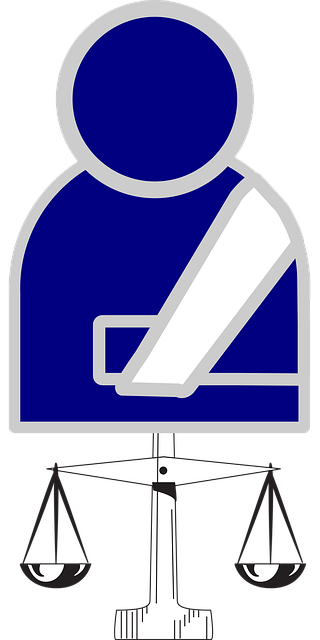
Motorcycle accidents can be incredibly dangerous, especially when riders fail to wear protective gear, such as helmets. Without a helmet, the consequences of a crash can be severe and life-altering. Research consistently shows that wearing a properly fitted motorcycle helmet significantly reduces the risk of head injuries, which are often catastrophic in nature. These injuries range from concussions to more severe trauma, including brain damage, facial fractures, and even death.
In the event of a motorcycle accident without a helmet, riders are much more vulnerable to sustaining serious head trauma. According to studies by organizations like the National Highway Traffic Safety Administration (NHTSA), helmets provide a crucial barrier, mitigating the force of impact and reducing the severity of injuries. This simple act of protection can make all the difference in outcomes, with statistics showing that helmeted riders are at lower risk for medical emergencies, hospital stays, and long-term disabilities. For those concerned about comfort or style, modern helmets offer various designs and ventilation systems, proving that safety and fashion can coexist. Moreover, many personal injury law firms emphasize the importance of helmet use in potential insurance claims, as it demonstrates a reasonable level of care and can impact the determination of liability in case of an accident.
Lifesaving Role of Helmets: Protecting Your Head and Brain
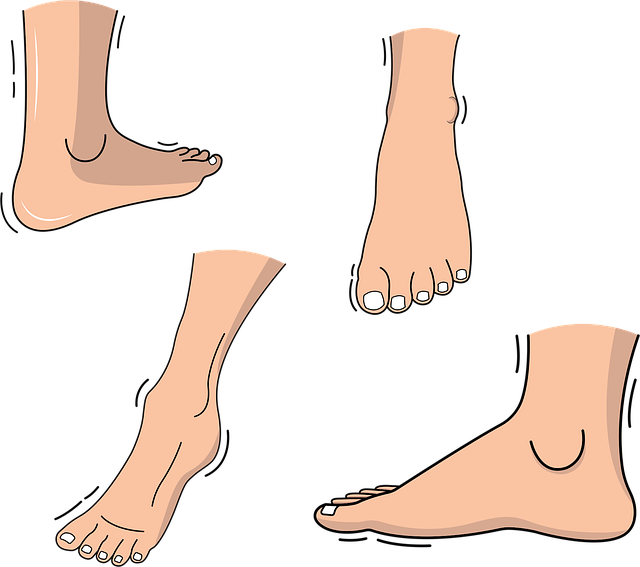
In the event of a motorcycle accident, wearing a helmet can be a matter of life and death. These specialized headgear are designed to provide crucial protection for your most vital organ—your brain. A bicycle crash without a helmet significantly increases the risk of severe head trauma, including concussions, brain bleeds, and even permanent brain damage.
Imagine the force involved in a collision: the sudden stop, the impact, the potential for flipping or being thrown from the bike. A helmet acts as a protective barrier, absorbing much of this force and reducing the direct impact on your head. This simple yet powerful measure can prevent life-altering injuries and even save lives, making it an indispensable safety feature for any motorcycle rider, regardless of distance traveled or experience level. Considering the potential consequences of a Boca Raton auto accident without helmet, it’s clear that prioritizing brain safety while riding should be at the forefront of every biker’s mind. Think of it as investing in your most precious asset: your life.
Legal Obligations and Personal Responsibilities for Helmet Usage
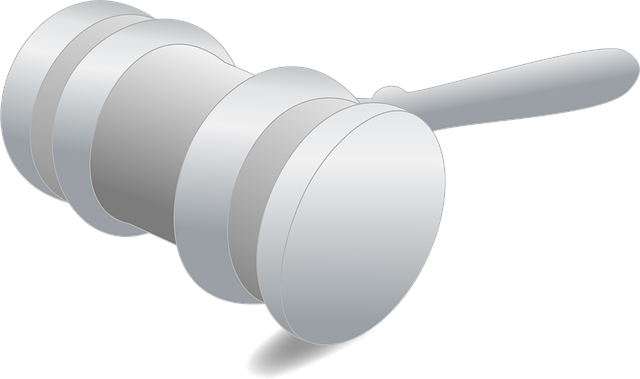
In many regions, wearing a helmet while riding a motorcycle is not just recommended but also legally mandated. This legal obligation stems from a deep understanding of the potential risks involved in this type of transportation. Motorcyclists who choose not to wear a helmet significantly increase their risk of severe injury or even death in case of an accident. The consequences of a motorcycle accident without a helmet can be devastating, often leading to life-changing injuries and substantial medical bills.
Personal responsibility plays a crucial role alongside legal mandates. Every motorcyclist has a duty of care not only to themselves but also to other road users. Wearing a helmet is not just about adhering to the law; it’s an act of self-preservation and respect for fellow travelers on the road. Moreover, insurance disputes related to motorcycle accidents often become complex when helmets are not worn. Personal injury compensation claims may be weaker without this simple yet vital safety gear, as it can significantly mitigate the severity of injuries in a collision.
Wearing a helmet during motorcycle rides is not just a recommendation—it’s a vital step towards ensuring your safety on the road. As discussed, helmets play a lifesaving role in protecting your head and brain from severe injuries in case of an accident. By adhering to legal obligations and taking personal responsibility for helmet usage, riders can significantly reduce their risk of life-altering or fatal injuries. In light of these benefits, it’s clear that prioritizing helmet use is a crucial aspect of motorcycle safety.
